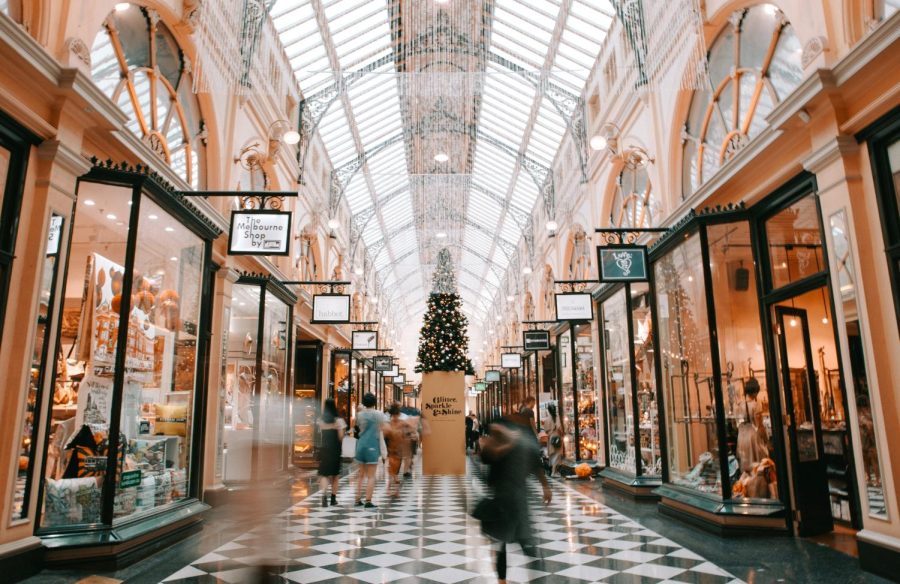‘Tis the season for overspending and overconsumption-Black Friday, the biggest shopping day of the year, is just a chance for people to buy things they typically don’t need.
The true definition of “shop ‘til you drop,” people go to extreme measures in order to make themselves feel better about spending money and caving into capitalism-from trampling innocent people to skipping out on Thanksgiving dinner to secure an early spot in line. Everyone loves a good deal, but all Black Friday and Cyber Monday do is highlight the materialism of American citizens.
A record number of 166 million people participated in the holiday this year. In 2021, Black Friday statistics reported an estimated 155 million Americans shopped online and in-store over the weekend. The enormous economic activity that takes place on Black Friday is no secret. For many retailers, sales numbers are important during this holiday as it can affect retail stocks and the investors.
Many Americans plan for this shopping holiday well before it arrives. For the most part, Black Friday seems like a win-win situation- company makes money and the customer thinks they got a steal. Naturally, an item priced cheaper than the original value is irresistible for the average consumer. But, the problem is the mass amount of people who walk into these stores, grab anything they see with an “On Sale” tag. With high numbers of products purchased comes higher numbers of waste and toxic emissions in a short span of time.
When one orders something, the packaging itself creates most of the waste. Unnecessary fillers and oversized packaging end up getting thrown out and rarely is anything properly recycled. According to the United States Environmental Protection Agency in 2018, “16.9 percent of the plastic containers and packaging waste generated was combusted with energy recovery, while the remainder (over 69 percent) was landfilled.”
Not only does Black Friday promote mass consumerism and damage the environment, it also affects air pollution with the high amount of deliveries. With so many people ordering at once, carbon emissions are heightened. Delays still due to COVID-19 have left many to choose express shipping leading to more planes in the air to make delivery deadlines.
As endless promotions and offers flood through on Thanksgiving weekend, it only seems right for one to want to fill up an in-store or online cart with the click of a button. The reward systems in the brain get triggered especially during these holiday seasons. Neuroscientist Christian Elger explained that there are regions in the brain to help rationalize decisions but when words like ‘sale’ or ‘deal’ come into the picture, this region becomes less active and small bursts of dopamine are experienced.
Keep shopping those sales and filling carts of goodies that will sit in the closet until next season when it’s time to make room for more once again. But next year, keep in mind the waste and pollution it causes along with the endless climate issues this planet already faces. With shopping numbers increasing each year, hopefully companies will consider more sustainable and eco-friendly production and packaging options.




